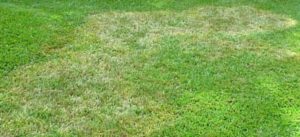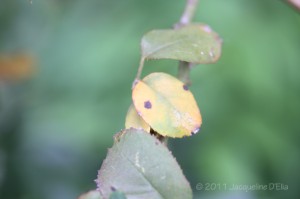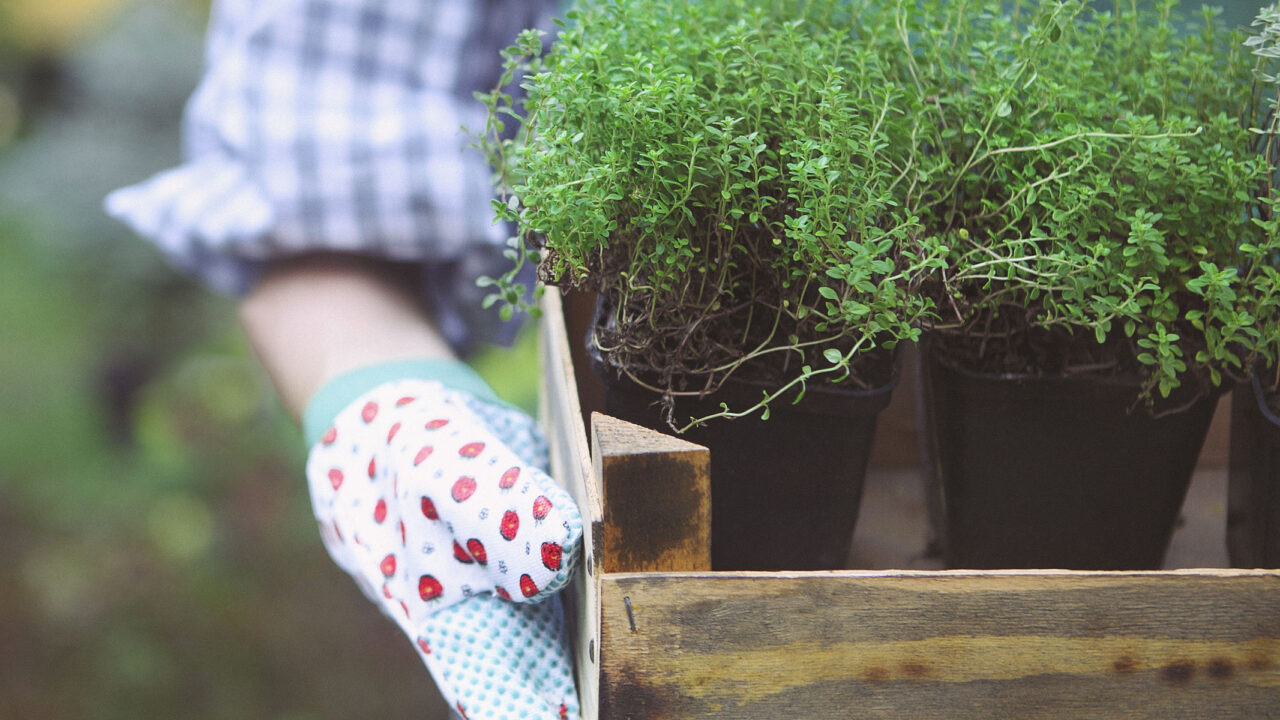Gardening in Houston is challenging… especially with our high humidity, which can lead to a host of fungal problems in our gardens. Methods of prevention and treatment have changed over the years with continued research. Today we are seeking methods that are greener and better for the environment. The primary fungal issues we face is on our lawns, roses, crape myrtles, flowering annuals and vegetable gardens.
Common Fungal Problems
Black Spot, Powdery Mildew, Brown Patch, and Take-All Patch are some of the fungal problems we deal with here. The most important things you can do to prevent fungal problems are to avoid overwatering and excessive fertilizing and keep your garden free of debris. Mulch well and avoid watering the foliage or splashing soil-borne particles on the leaves. The takeaway message for this post is prevention is key to controlling these outbreaks.
Brown Patch
Brown Patch is caused by the soil borne fungus (Rhizoctonia solani) which thrives in unhealthy soil.

Brown Patch is a fungal disease that shows up as circular (usually), brown patches in the lawn. It is sometimes confused with chinch bug damage which shows up in hot spots such as the edges of the lawn near driveways and walkways. Brown patch creates circular to irregular patches of light-brown or yellowish thinned grass. The patches may become several yards in diameter. You may see a grayish “smoke ring” of wilted grass at the edges. As the disease spreads, new green leaves may emerge in the center of the patches.
Underlying causes for this disease include soil compaction, poor drainage, overwatering, and lack of beneficial soil organisms. However, the most common cause of Brown Patch in Houston is excessive nitrogen from over-fertilization with chemical fertilizers.
The Brown Patch fungus grows best when temperatures are between 65 and 85 degrees – in the spring or fall.
Prevention
The best prevention for this disease is to maintain a healthy turf based on healthy soil. This is achieved with good cultural practices such as:
- Use good organic fertilizers – MicroLife™ makes a special Brown Patch fertilizer.
- Water deeply and only when the top inch of soil is dry.
- Apply good compost at least once a year. (I’ve had good success with the 2-Year-Old Leaf Mold Compost that Randy Lemmon mentions from Nature’s Way Resources)
Control
- DO NOT try to fertilize or water away the problem. Brown Patch loves fertilizer and water.
- Water only when the top inch of soil is dry.
- Rake up all the dead and diseased grass.
Treat the patch area and a 4-foot perimeter around it. Good products include Serenade, Actino-Iron and Actinovate. If you prefer a chemical solution, Infuse is a good product. ALWAYS follow label directions carefully.
Apply 1/4 to 1/2 inch of a high-quality compost to the area.
Take-All Patch
Take-All Patch is caused by the fungus (Gaeumannomyces graminis var. graminis) which thrives in unhealthy soil.
Courtesy of Nature’s Way Resources:
Take-All Patch often starts in Spring and survives best in turf with excessive thatch (healthy soils do not have thatch). Take-All Patch develops and grows best in cool wet weather; however the symptoms often show up much later in hot dry weather. Take-All Patch will grow better or even prefers alkaline conditions while Brown Patch prefers or grows better in acidic conditions. Frequent shallow watering causes the most problems. Much of our area water comes from wells that tend to be alkaline (lots of dissolved carbonates of calcium and magnesium), hence watering tends to create the alkaline conditions the disease favors. When we water the dissolved carbonates (limestone) will precipitate out of the water and cement the soil particles creating hardpan and raise the pH causing alkaline conditions.
Good, well-aged compost has been found by many researchers to be the single best method of stopping soil diseases and correcting soil problems. Compost is high in humus compounds, full of beneficial microbes that prevent disease and build healthy soil.
Some differences between Take-All Patch and Brown Patch: With Take-All Patch, the roots rot; with Brown Patch, the blades of the grass rot. For the most part, Brown Patch is has a circular shape and Take-All Patch is more irregular. You’ll find Brown Patch more active when temperatures are cooler and Take-All Patch more active during warmer weather.
Powdery Mildew
A fungal disease that’s particularly active in the spring and fall when days are warm and nights are cool. A white or grayish powdery/moldy growth forms on the foliage and new shoots. The leaves look deformed.

The photo above was taken on suckers growing at the base of a neighborhood crape myrtle growing in shade.
It typically infects weak, unhealthy, or stressed plants. Provide good air circulation, proper fertilization, and care.
Treatment
First, remove affected areas immediately. The leaves are not going to return to a normal appearance, so removing them will help to stop the spreading of fungal spores.
Try one of these options:
- Treat with Serenade (organic product)
- Spray with a good compost tea
- Try spraying with Baking soda (sodium bicarbonate) will also kill powdery mildew. Note: The sodium in the baking soda will combine with chlorine to form table salt (sodium chloride). A better choice is potassium bicarbonate where the potassium becomes a plant nutrient.
Black Spot

Rose black spot is caused by fungus. Dark spots develop on the upper leaves, then eventually become yellow and drop. Black spot leaf disease has fringed edges and thrives in warm, humid conditions.
Prevention
Keep a clean garden. Remove diseased leaves that fall on the ground. Throw them away – do not compost them to avoid spreading the disease. Make sure your plants are adequately spaced to promote good air circulation. Keep the leaves dry. When watering, avoid splashing water on the leaves – water only the soil. Prune affected areas quickly and dispose of them. Select rose varieties that are resistant to blackspot.
Treatment
- Remove affected leaves
- Clean up debris and prune for good air circulation
- Apply fresh mulch
- Treat with Serenade (organic product)
Need help? Buchanan’s has a knowledgeable staff and products to help you prevent and solve your fungal problems in the garden. Have a specific problem? Bring a sample of it with you when you come to the nursery.
Want to learn more?
Here is a helpful PDF file you can download by clicking Earthwise Guide to Lawn Problems from www.growgreen.org – (Grow Green is a partnership between the City of Austin Watershed Protection Department and Texas AgriLife Extension Service).
Resources for this Post
John Gardener (Buchanan’s), Steve Goeggelman (Buchanan’s), Nature’s Way Resources (John Ferguson and Linda Robbins) and Kathy Huber (Houston Chronicle), and GrowGreen.org
